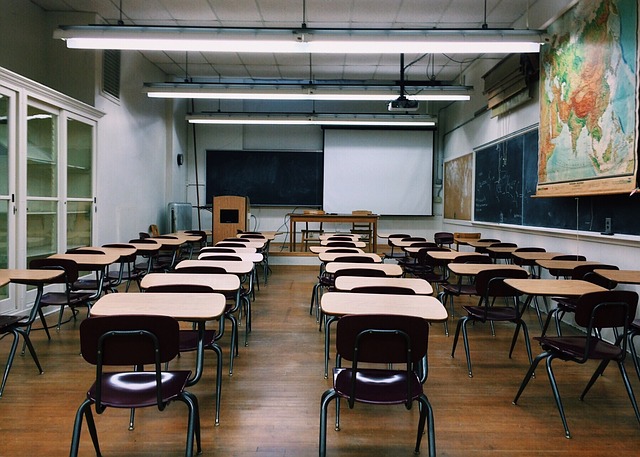Students perform less well in exams when it’s hot

There is a “significant” link between higher temperatures and lower school achievement, according to new research published by academics at Harvard University, UCLA, and Georgia State University.
The researchers analyzed the test scores of 10 million US secondary school students over 13 years, revealing that hot weather has a negative impact on exam results. Students were more likely to have lower scores in years with higher temperatures and better results in cooler years.
Colder days did not seem to harm academic achievement, but the negative impact of higher temperatures became measurable above 21C. The reduction in learning accelerated once temperatures rose above 32C, even more so above 38C. Hotter weather made it harder to study in lessons and to concentrate on homework out of school.
The wide range of weather conditions in the US allowed comparisons within the same year group as well as with test performances in previous years. Similar studies in countries without such broad differences in weather conditions, like the UK, would be much more difficult to undertake.
Low-income families and students from ethnic minorities were found to be most affected. Could greater access to air conditioning in more affluent families and the schools their children attend be a simple explanation for the disparity?
Joshua Goodman, associate professor at the Harvard Kennedy School of Government and a co-author of the report, says the findings also raise bigger questions about whether climate change and global warming will have implications for school achievement.
IZA World of Labor author Marie Connolly has written about how climate change could impact the allocation of time, she notes that “US data has shown that people respond to short-term higher temperatures by reducing time spent at work…However, a leap has to be made to infer responses to long-term, gradual climate change.” Connolly says that “people are likely to adapt by modifying their behaviors and making investments [for example, in air conditioning] to avoid the unpleasant consequences of rising temperatures.”
“…societies can, and will have to, adapt to their new realities.”
Read more articles on green energy policies, air pollution, and climate change.